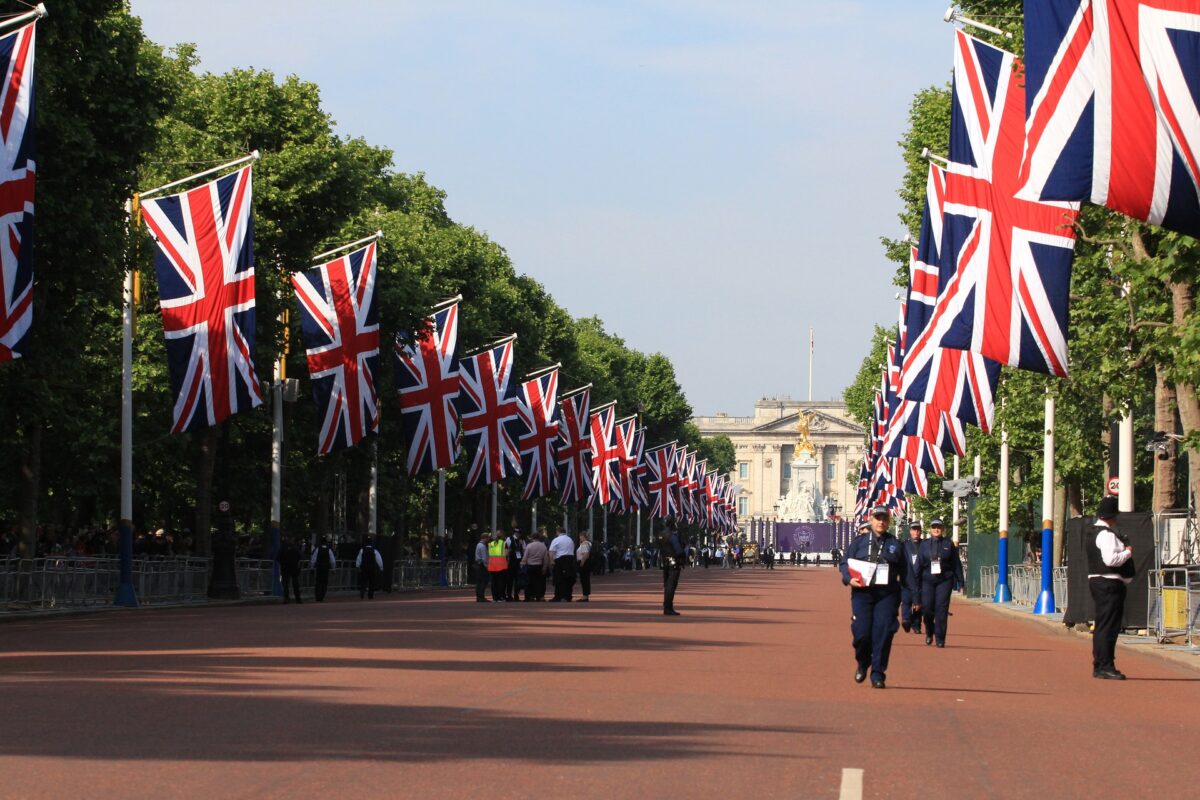From Boardroom to Throne Room: Leadership Advice for the New Monarch

With the whole world watching, King Charles is about to get a promotion that is a lifetime in the making.
The coronation marks his official transition into one of the most significant leadership roles in the world, and with that comes an unimaginable amount of pressure and potential for scrutiny.
As Agata Nowakowska, AVP EMEA at Skillsoft, points out: “As coronation day approaches, a crucial first step for the new King will be understanding the qualities needed to manage and inspire the nation. While there’s no step-by-step manual on how to run a country successfully, the core competencies of a good leader – be it a first-time manager, CEO, or Monarch – remain the same.”
How do you live up to expectations?
Charles is in a unique position, given that he has always known he would one day take on the responsibility of the monarch. However, the pressure and expectations that come with taking on a leadership role are universal.
Bruce Martin, CEO of Tax Systems, empathises with Charles’ current circumstances: “Having made the move from CFO to CEO last year, I can begin to imagine how Charles is feeling in the lead up to his Coronation – except he’s got the whole world watching! There is no qualification that solidifies you as a capable CEO – or King – so I don’t know if anyone would ever feel totally ready and prepared to step into such a role. But what I have learnt over the past year is that it is all about authenticity. You can’t simply slip into the shoes of your predecessor and be someone that you aren’t. It is important to establish your own leadership style as soon as possible and be transparent about it. Set out how you are going to be different and set the tone for how you envisage taking the business – or in Charles’ case, the monarchy – forward.”
As Hugh Scantlebury, CEO and Founder of Aqilla, highlights: “The title of ‘King’ is one that Charles has been destined for since the day he was born – he has been waiting and preparing to take it on for his whole life. There is always a lot of pressure and attention on someone taking on a leadership role, but Charles has the whole world watching.” He continues, “there is an incredible opportunity to change the public’s perception of him from having an unearned right to rule, to being a capable leader. Communicating his vision and values clearly and effectively to the public will be key to establishing himself as a strong figurehead.”
Ensuring widespread appeal
With the fascination around the British royal family extending across the globe, one of the most important aspects of Charles’ new role is ensuring that the monarchy maintains its widespread appeal at an international, generational and cultural level.
Having recently relocated from Italy to London , Marco Fanizzi, Corporate SVP & GM at Commvault International, has grown to appreciate the significance of this duty firsthand. “I have been fascinated by the tradition, formality, and complexity surrounding the British royal family,”he explains. “And as an international business leader, tasked with managing and motivating teams across continents and wildly different cultures, I have a newfound respect for the role of the British monarchy. It’s no easy job understanding and resonating with such a diverse audience.”
He continues: “King Charles needs to understand this diversity in thinking within his own kingdom and he needs to look both internally and externally at how his institution approaches modernisation. One of his biggest challenges will be winning the hearts and minds of younger generations. Charles has been thrust into the ‘CEO role’ much later in life than his mother was, and the popularity polls are showing that there is a distinct lack of understanding and support around what he stands for.”
To futureproof his kingship, Fanizzi suggests that Charles focuses on meeting the needs of his younger subjects. “He is passionate about causes that younger generations also feel very strongly about… peace, justice, youth, and the planet. He now needs to really understand how he can communicate that, connecting with young people and inviting them on a journey with him to improve the world we live in.”
Balancing tradition with progress
Following such a significant lineage of rulers, King Charles has some big shoes to fill. In his ascension, he must carefully navigate how to keep with longstanding traditions whilst also successfully modernising what some may consider an archaic institution.
As expressed by Aquila’s Scantlebury, “it’s important that King Charles should establish himself as a distinct leader, but continuity is key to stability. Charles has already proved a desire to maintain tradition whilst continuing to modernise the monarchy. The initiatives that he has implemented ahead of the coronation are evidence of this. For example, The Big Lunch encourages community cohesion and The Big Help Out promotes engagement in local issues. Such policies will connect with the younger generation who are passionate about such subjects and are key for the long term success of the monarchy.”
Skillsoft’s Nowakowska agrees that to succeed, a leader needs to be open to transformation, stating that “the last few years have shown us that change is the only constant; therefore, great leaders must demonstrate the ability to be flexible, agile and respond effectively to changing environments.”
She adds that, “being open to change, new challenges and knowing when a rapid shift in direction is needed is important. With change also comes innovation. Developing the capability to envision, foster, and apply innovation is fundamental to leadership today. To successfully navigate rapidly changing work and business environments, leaders must constantly update their skills and capabilities so they, and their respective organisations, can evolve and grow. For the new King, adopting this mindset will help set his reign up for success.”
Tax Systems’ Martin concludes that openness and accountability are the way forward for a modern monarchy, advising that: “It is okay to be different and change is a good thing. In today’s modern times, people are looking for approachability from their leaders. They want to feel listened to, that their voices are heard, and that what they say is being acted upon by those in charge. And, if it is not possible to act on it, then this should be communicated transparently. Charles should also carefully consider the communication style that works best for him with the public of today – the Christmas speech is a British tradition but with social media now being such an important method of spreading news, the Royal Family could take a huge step forward by utilising such channels – something we have seen them increasingly lean on in more recent years. Being relevant and relatable is crucial when establishing yourself as a leader, rather than a manager, and this will ring true for Charles too as he officially steps into his new role.”











Responses